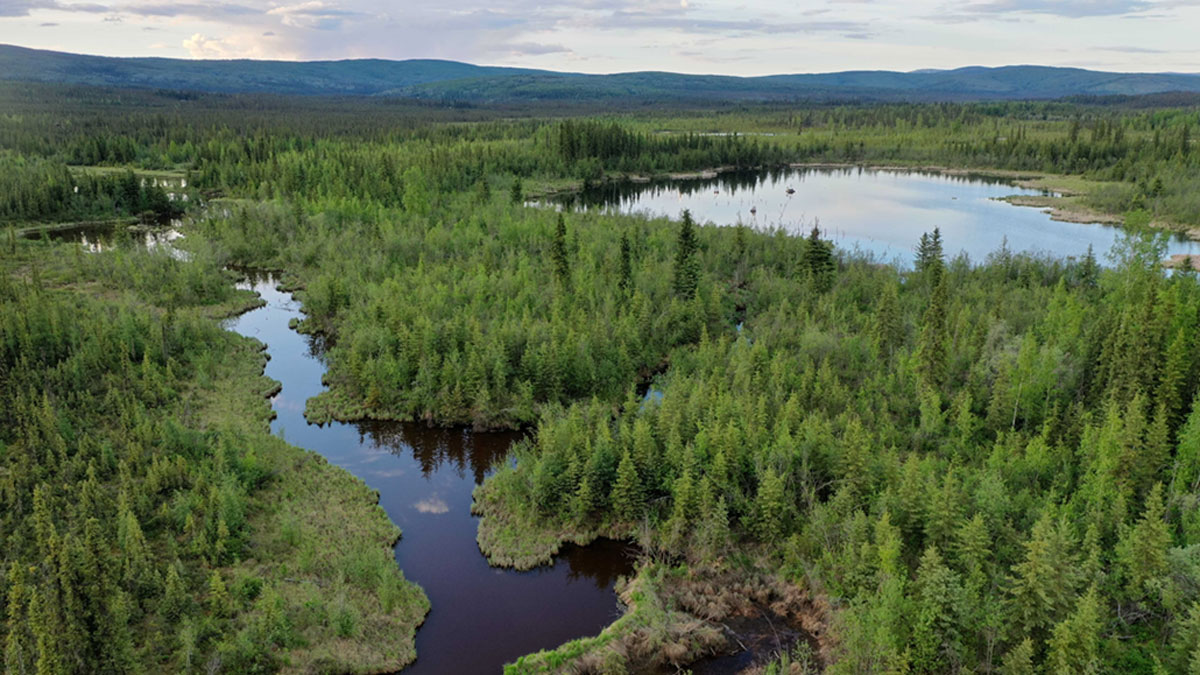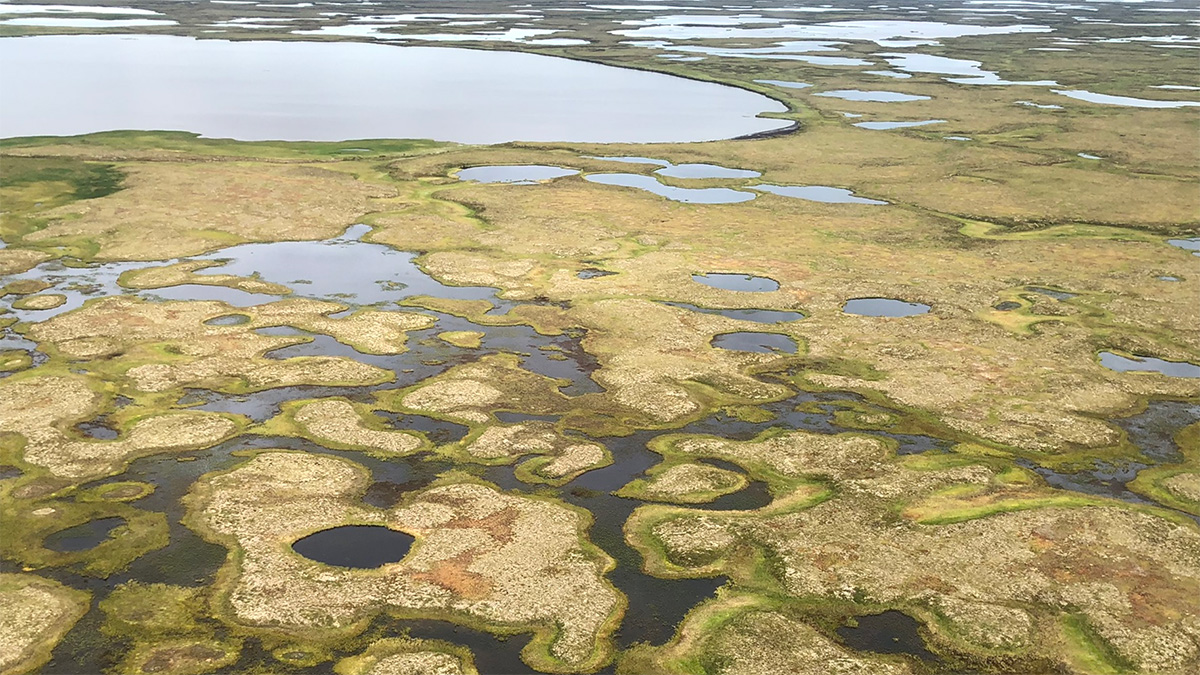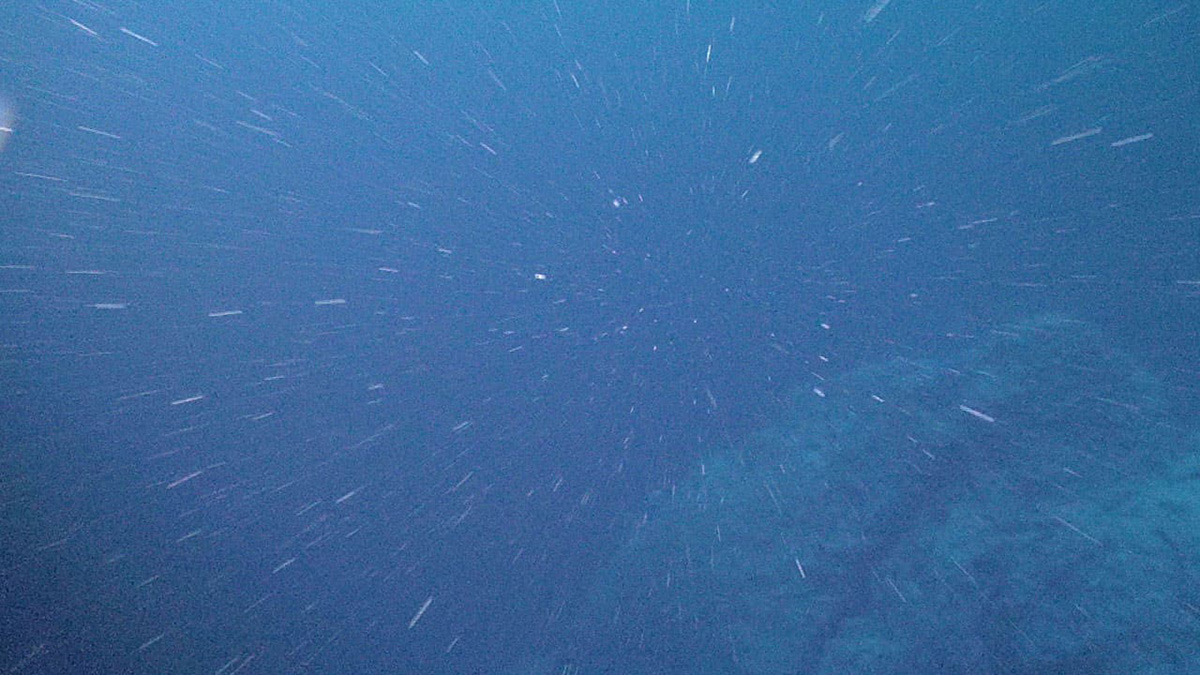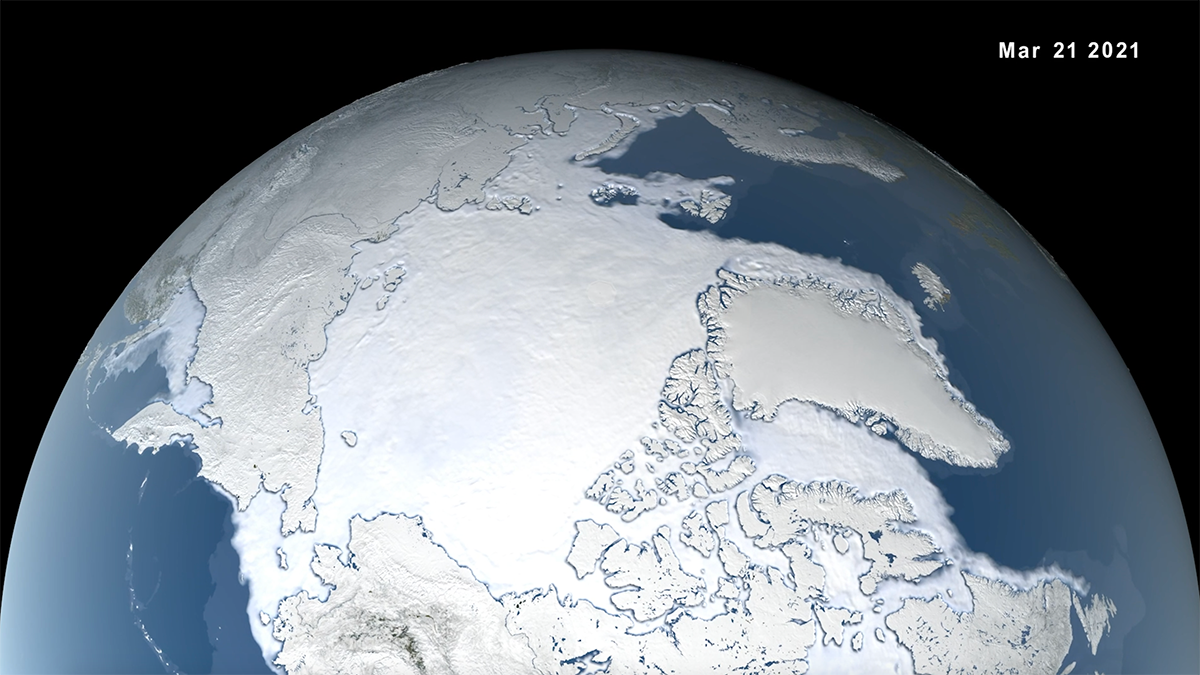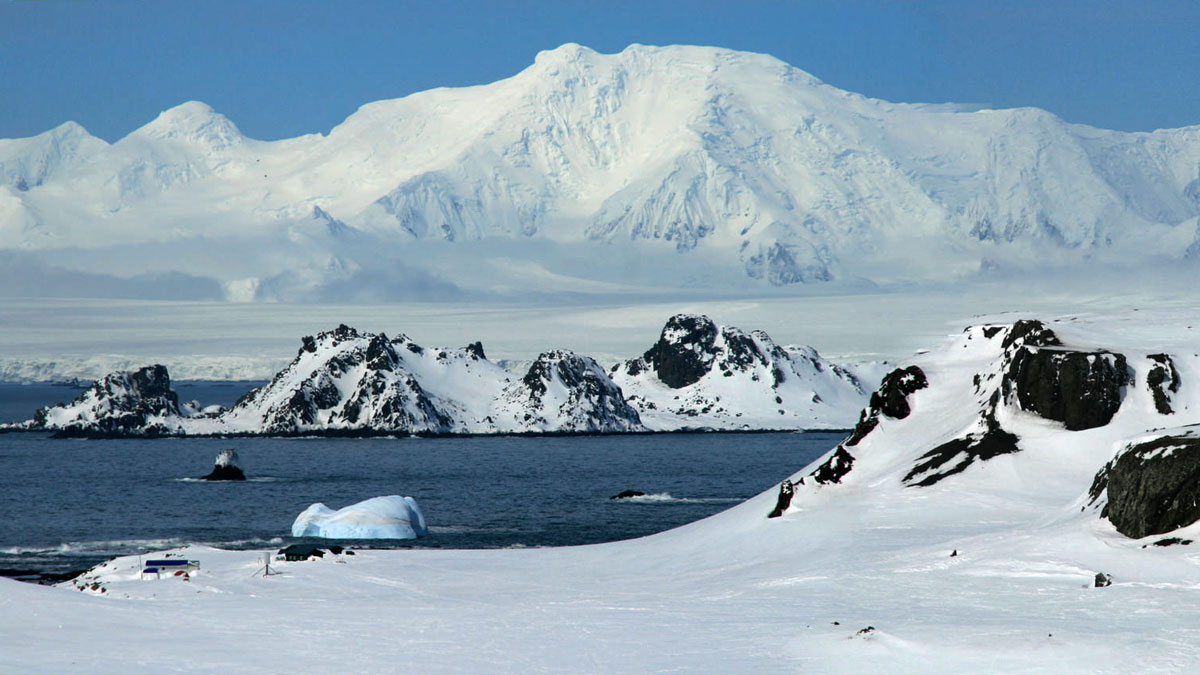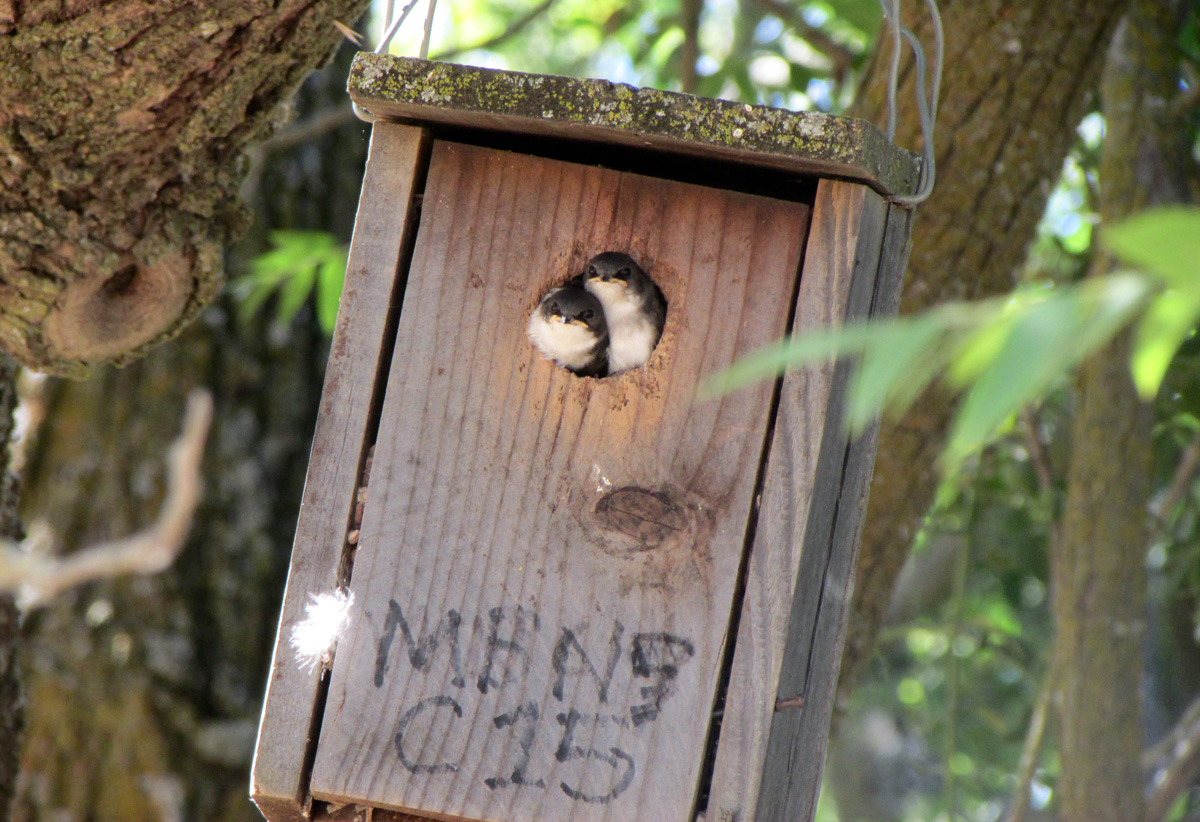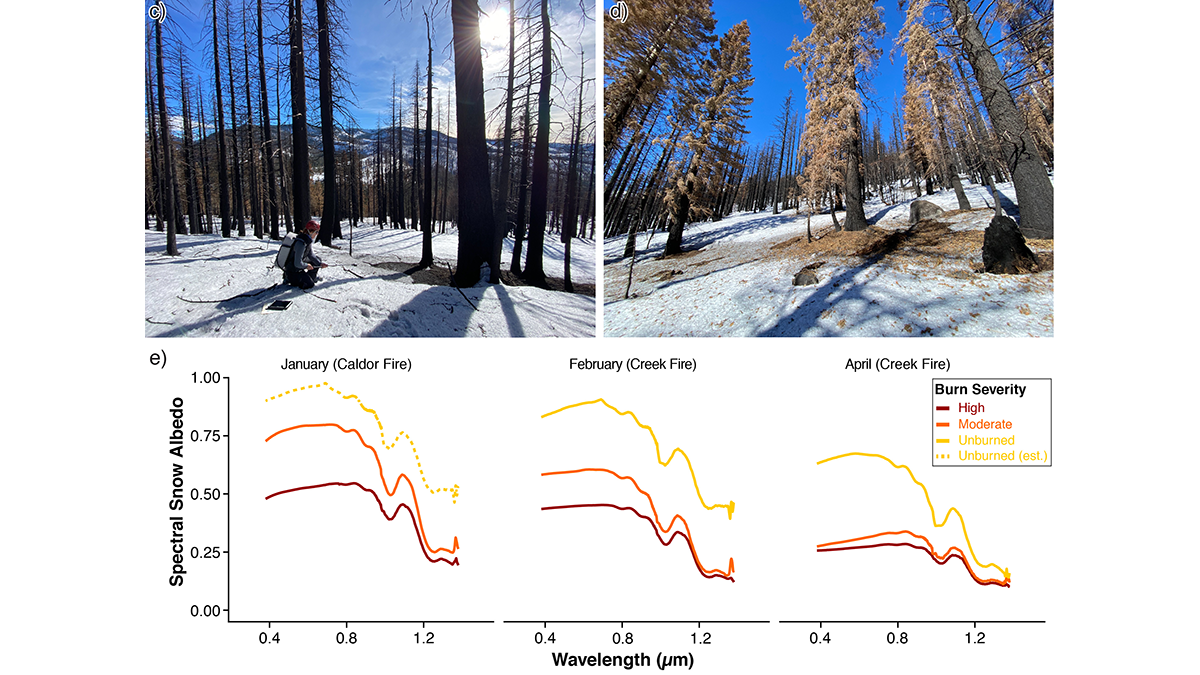高湿和低温改变了COVID-19在巴西的传播,但影响不大。
seasonal variability
Hunting for Methane Hot Spots at the Top of the World
A visit to an Alaskan wetland with some of the world’s highest lake marsh methane emissions brings scientists one step closer to understanding the phenomenon.
Neural Networks Map the Ebb and Flow of Tiny Ponds
Ponds play an outsized role in carbon emissions, but their size makes them hard to track. Enter machine learning.
La estacionalidad del ciclo del carbono oceánico
Un grupo de científicos investigaron el impacto de los cambios estacionales en la cantidad y velocidad del carbono que viaja desde la superficie al océano profundo.
Ice Cores Record Long-Ago Seasons in Antarctica
Researchers used ice core data to reconstruct seasonal temperatures throughout the Holocene. The results link especially hot summers with patterns in Earth’s orbit.
Rivers in the Sky Are Hindering Winter Arctic Sea Ice Recovery
Climate change is increasing the frequency of moisture-dumping atmospheric rivers in the Arctic. The storms are pushing back sea ice at a time of year when it should be expanding.
A Deeper Dive into Wintry, Carbon-Absorbing Antarctic Waters
Cold surface water in the Southern Ocean is a critical component in ocean carbon uptake. A new study profiles it using state-of-the-art research techniques.
Climate Extremes Threaten California’s Central Valley Songbirds
A “nestbox highway” in California’s Central Valley is guiding songbirds to safe nesting sites and giving scientists a peek at fledgling success in a changing climate.
Las hojas están brotando más temprano en el Sendero de los Apalaches
Imágenes satelitales de nuevas y brillantes hojas revelan cambios que producirán un efecto de cascada en diversos ecosistemas al este de los Estados Unidos.
Summer Fire Means Winter Melt
Changing wildfire activity in California may impact seasonal hydrology by causing intense snowmelt during winter in areas where fires extend into higher elevation zones.


